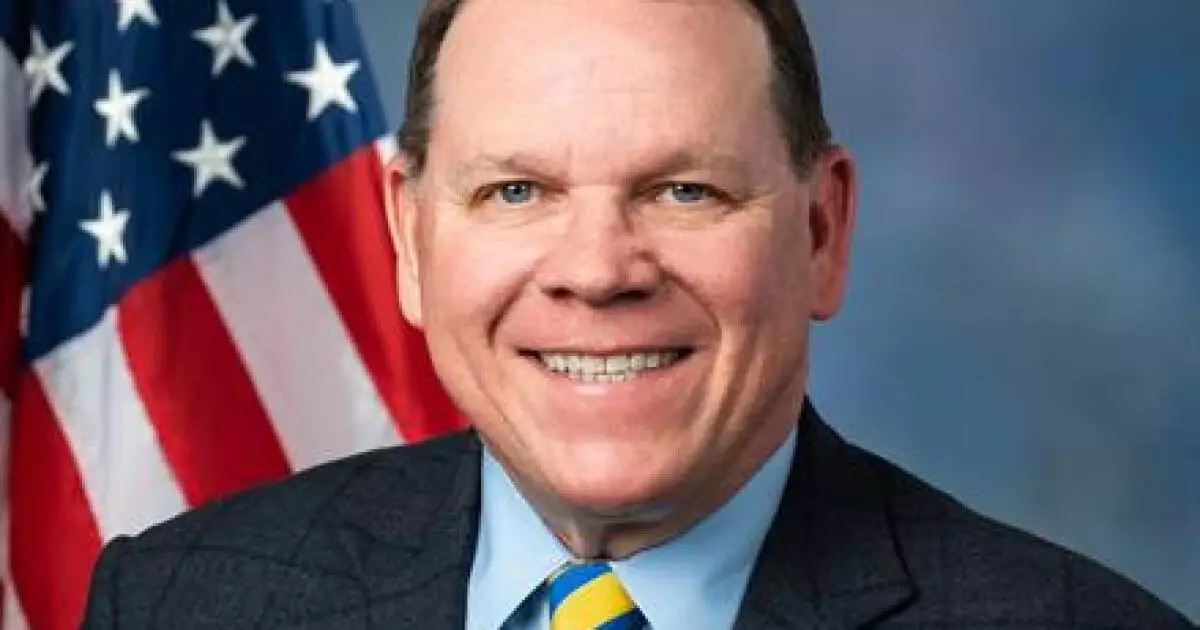The House Committee on Transportation and Infrastructure is now grappling with the issue of how much the federal government should contribute to the reconstruction of the Francis Scott Key Bridge, originally financed by bonds. Following the collapse of the bridge due to a collision with a container vessel, President Biden expressed his intention for the federal government to shoulder the entire cost of rebuilding the bridge, sparking discussions and debates within the committee.
The funding for the reconstruction of the Key Bridge is set to come from an Emergency Relief fund managed by the Federal Highway Administration. While state projects are typically eligible for 80% reimbursement of funds, federal projects can receive up to 90% reimbursement. However, the exact costs of repairing the bridge remain uncertain, with estimates ranging from $1.7 billion to $1.9 billion. This variance poses a significant financial challenge, especially considering the constraints faced by the FHWA, such as a backlog of unmet needs and a diminishing Highway Trust Fund.
The decision to transfer the authority of the Key Bridge from state control to the federal government has raised questions about the fairness of American taxpayers funding the reconstruction and then being subjected to tolls for using the infrastructure they helped pay for. Representative Scott Perry of Pennsylvania voiced concerns over this issue, highlighting the $56.8 million in toll revenues generated by the bridge in 2023 for the state of Maryland. The move of federalizing the bridge has ignited debates about the federal government’s responsibility in fixing a state toll bridge.
In response to the concerns raised by Representative Perry, Shailen Bhatt, administrator of the Federal Highway Administration, explained that the funding for the bridge’s reconstruction would fall under Title 23 eligible funding, allowing for tolling of the facility in the future. Title 23 of the United States Code generally prohibits tolls on federal highways, but exceptions and provisions exist. Bhatt reassured that the government would continue to utilize insurance payments to offset costs as the reconstruction progresses, emphasizing the importance of not delaying the process due to litigation and investigations.
As discussions unfold within the House Committee on Transportation and Infrastructure, the fate of the Francis Scott Key Bridge hangs in the balance. The decision on the level of federal funding, tolling mechanisms, and insurance reimbursements will have far-reaching implications for the future of infrastructure projects and federal-state collaborations. It remains to be seen how the committee will navigate the complex web of financial constraints, legislative restrictions, and public expectations in the aftermath of the bridge collapse.

